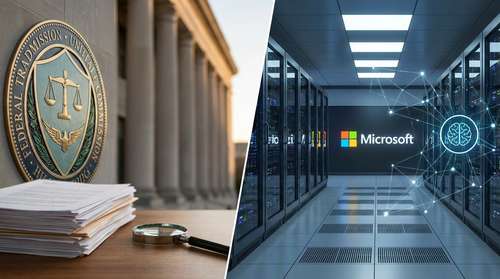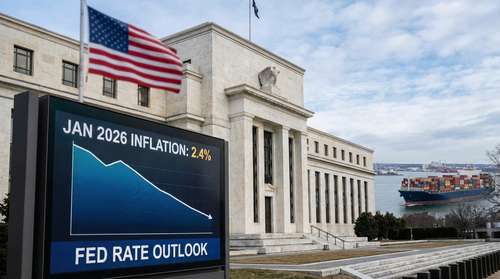Sam Altman, the CEO of OpenAI, experienced a rollercoaster of emotions when the board decided to remove him from his position, only to ask him to return the next day.
In a candid phone conversation on Wednesday, Altman admitted feeling defiant, hurt, and angry initially but easily reconsidered, driven by his deep affection for the company and its mission.
"I was hurt and angry, and I think this sucks," Altman expressed his initial reaction when approached by the board for discussions.
However, reflecting on his dedication to the company's mission and the hard work invested over the years, he easily overcame his ego and emotional response to accept the reinstatement.
Altman returned officially as openAI CEO on Wednesday after a five-day period of attempted boardroom upheaval. His return to the helm comes with notable changes in the board, including Microsoft's intention to secure a nonvoting seat.
Silence and Speculations Surrounding the Dismissal
Despite his return, Altman remains quiet about the exact reasons for his dismissal. OpenAI's new board, led by Bret Taylor, plans an independent inquiry to investigate the circumstances surrounding Altman's departure.

In a conversation, Altman repeatedly declined to jump into the specifics, asserting his willingness to await the review's findings.
Questions about misunderstandings with board members and the loss of trust were met with Altman's deliberate deflection, citing the ongoing review process as a reason to avoid discussing the past issues at present.
Road to Reinstatement and Reflections on Leadership
Recounting the moment when the board asked him to return, Altman detailed his initial hesitancy stemming from a mix of emotions.
Despite this, the unshakable connection to the company's mission and admiration for its dedicated workforce motivated his prompt acceptance of the proposal.
During the interview, Altman emphasized the strengthened unity and commitment of the OpenAI team, asserting that despite the turmoil, the company retained all its employees and continued its operations without disruption.
Altman's comeback is significant in the changing field of OpenAI's governance structure. Notably, the revamped board comprises individuals with extensive backgrounds in business and technology, suggesting a shift toward a more conventional Silicon Valley startup model.
New Faces on OpenAI's Board and Microsoft's Growing Influence
The new board at OpenAI introduces prominent figures such as Bret Taylor, Larry Summers, and Adam D’Angelo. Bret Taylor, a former sales co-CEO, is appointed board chair.
Larry Summers, known for his tenure as Treasury Secretary during the Clinton administration, brings valuable connections to Washington, vital for OpenAI amid ongoing regulatory scrutiny.
However, notable figures from the previous board, including Helen Toner, Tasha McCauley, and Ilya Sutskever, have departed following the leadership changes.
The return of Altman underlines the growing influence of Microsoft, a major investor in OpenAI. Microsoft's involvement is seen as essential in reshaping OpenAI's governance, highlighted by the company's intention to install representation on the board.
Reflections and Future Prospects
Amidst these changes, Altman has refrained from offering a concise reflection on the entire saga, indicating there's much to process.
His reintegration into OpenAI comes with renewed confidence in the team's ability to thrive without his direct involvement.
As OpenAI navigates this transformative phase, the composition of its board and the direction it takes will undoubtedly shape the company's future trajectory. The renewed governance structure sets the stage for a more stable and informed leadership.




